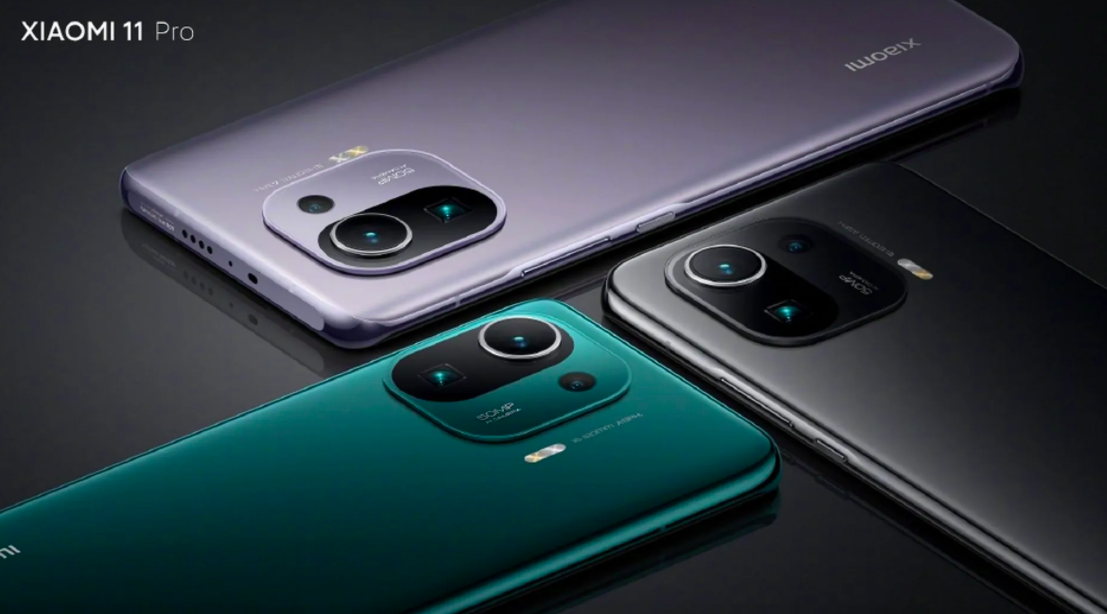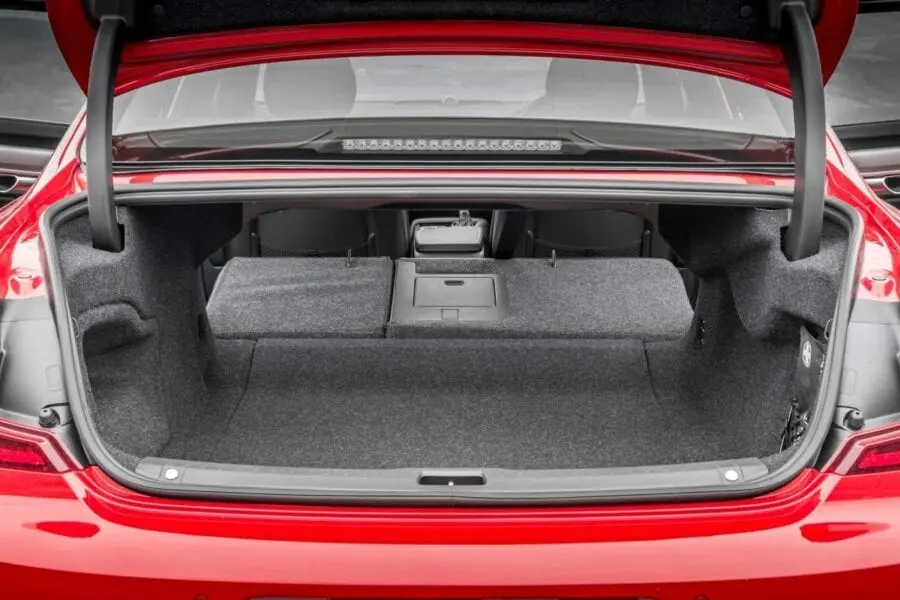
Smartphones – the madness is over
The beginning of the era of smartphones is considered to be 2007 and the premiere of the first iPhone. It was also the end of an era of previous mobile phones, something worth remembering in the context of the increasingly frequent twilight predictions for smartphones. The attitude of the coming "something new" to current devices may be the same as that of a smartphone and older types of cellular phones.
This means that if the end of the devices that dominate the market today comes to an end, they will not be replaced by completely new and currently unknown equipment. The successor may even have a lot in common with the smartphone, as it did and still has with the old cell phones. I'm also wondering if a device or technology that will replace the smartphone will enter the scene in the same impressive way that it did with the premiere of Apple's revolutionary device in 2007?
In the first quarter of 2018, smartphone sales in Europe fell by a total of 6,3%, according to Canalys. The greatest regression took place in the most developed countries - in the UK by as much as 29,5%, in France by 23,2%, in Germany by 16,7%. This decrease is most often explained by the fact that users are less interested in new mobile phones. And they are not needed, according to many market observers, because the new models do not offer anything that would justify changing the camera. Key innovations are missing, and those that do appear, such as curved displays, are questionable from a user's point of view.
Of course, the market popularity of Chinese-made smartphones is still growing very fast, especially Xiaomi, whose sales have increased by almost 100%. However, in reality, these are battles between the largest manufacturers outside of China, such as Samsung, Apple, Sony and HTC, and companies from China. Rising sales in poorer countries shouldn't be a problem either. We are talking about ordinary phenomena from the sphere of the market and the economy. In a technical sense, nothing special happens.
Breakthrough iPhone X
Smartphones have revolutionized many aspects of our lives and work. However, the stage of the revolution is gradually fading into the past. Opinions and extensive analyzes have multiplied over the last year proving that smartphones as we know them could be completely replaced by something else in the next decade.
A desktop computer and a laptop computer consist of a combination of a mouse, keyboard, and monitor. When designing a smartphone, this model was simply adopted, miniaturized and added a touch interface. The latest camera models bring some innovations such as Bixby voice assistant in Samsung Galaxy models since the S8, they seem to be the harbinger of changes to a model known for years. Samsung promises that it will soon be possible to control every feature and app with your voice. Bixby also appears in a new version of the Gear VR headset for virtual reality, developed in collaboration with Facebook's Oculus.
More iPhone models provide updates Siri's assistant, with features designed to make you popular augmented reality. The media even wrote to remember September 12, 2017, the day the iPhone X premiered, as the beginning of the end of the smartphone era as we know it. The new model was also supposed to herald the fact that features that are important to the user will gradually become more and more the focus of attention, and not the physical object itself. The iPhone X doesn't have a power button on previous models, it charges wirelessly, and works with wireless headphones. A lot of hardware "tension" disappears, which means that the smartphone as a device ceases to focus all attention on itself. This proceeds to the features and services available to the user. If the Model X really ushered in a new era, it would be another historic iPhone.
Soon all functions and services will be dispersed around the world.
Amy Webb, a respected technology visionary, told the Swedish daily Dagens Nyheter a few months ago.
Technology in the world of things will surround us and serve us at every turn. Devices such as the Amazon Echo, Sony PlayStation VR and Apple Watch are slowly taking over the market, so it can be expected that, encouraged by this, more companies will make further attempts by experimenting with new versions of computer interfaces. Will the smartphone become a kind of "headquarters" of this technology that surrounds us? May be. Perhaps at first it will be indispensable, but then, as cloud technologies and high-speed networks develop, it will not be necessary.
Straight to the eyes or straight to the brain
Microsoft's Alex Kipman told Business Insider last year that augmented reality could replace the smartphone, TV, and anything that has a screen. It makes little sense to use a separate device if all calls, chats, videos and games are aimed directly at the user's eyes and superimposed on the world around them.
Direct Display Augmented Reality Kit
At the same time, gadgets like the Amazon Echo and Apple's AirPods are becoming increasingly important as AI systems like Apple's Siri, Amazon Alexa, Samsung's Bixby, and Microsoft's Cortana get smarter.
We're talking about a world where it's real life and technology merge. Big tech companies promise that the future means a world that is less distracted by technology and more sustainable as the physical and digital worlds converge. The next step could be direct brain interface. If smartphones have given us access to information, and augmented reality puts this information in front of our eyes, then the discovery of a neural "link" in the brain seems like a logical consequence ...
However, it is still futuristic. Let's get back to smartphones.
Clouds over Android
There are rumors about the possible end of the most popular mobile operating system - Android. Despite the huge number of people using it around the world, according to unofficial information, Google is intensively working on a new system known as Fuchsia. Presumably, it can replace Android in the next five years.
The rumors were backed up by Bloomberg information. She said that more than a hundred specialists are working on a project that will be used in all Google gadgets. Apparently, the operating system will be designed to run on Pixel phones and smartphones, as well as third-party devices using Android and Chrome OS.
According to one of the sources, Google engineers hope to have Fuchsia installed on home devices in the next three years. It will then move to larger machines like laptops and eventually replace Android entirely.
Recall that if smartphones finally go away, the devices that will take their place in our lives are probably already known, like the previously known techniques that created the magic of the first iPhone. Moreover, even the smartphones themselves were known, because phones with Internet access, equipped with good cameras and even touch screens, were already on the market.
From all that we already see, perhaps something will emerge that is not entirely new, but so attractive that humanity will again be crazy about it, as it is crazy about smartphones. And only another madness seems to be a way to dominate them.

